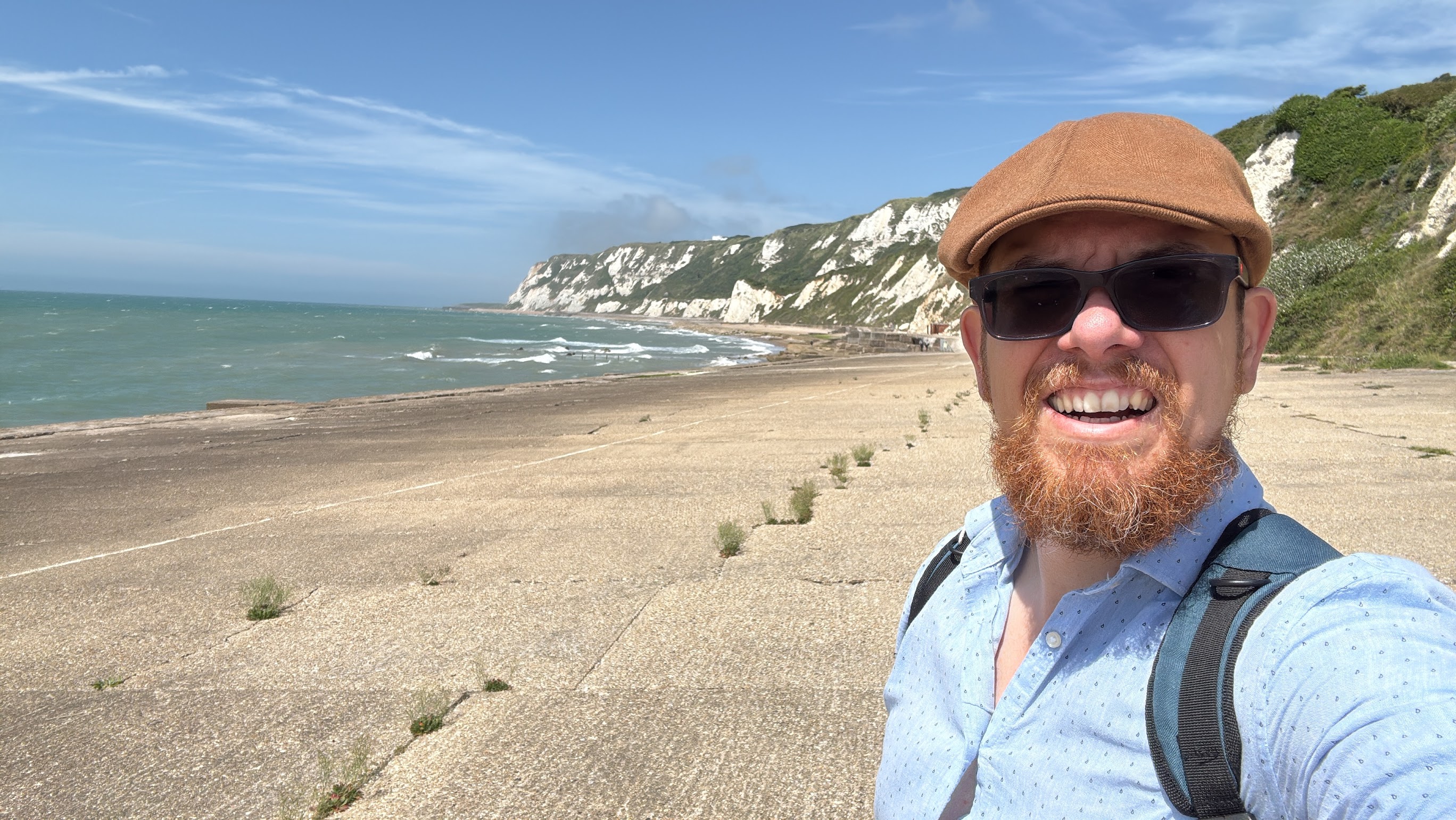CppCon 2025 Keynote: More Speed & Simplicity:Practical Data-Oriented Design in C++ -- Vittorio Romeo
![]() Registration is now open for CppCon 2025! The conference starts on September 13 and will be held in person in Aurora, CO. To whet your appetite for this year’s conference, we’re posting some upcoming talks that you will be able to attend this year. Here’s another CppCon future talk we hope you will enjoy – and register today for CppCon 2025!
Registration is now open for CppCon 2025! The conference starts on September 13 and will be held in person in Aurora, CO. To whet your appetite for this year’s conference, we’re posting some upcoming talks that you will be able to attend this year. Here’s another CppCon future talk we hope you will enjoy – and register today for CppCon 2025!
Keynote: More Speed & Simplicity:Practical Data-Oriented Design in C++
Thursday, September 18 10:30 - 12:00 MDT
by Vittorio Romeo
Summary of the talk:
Data-Oriented Design (DOD) presents a different way of thinking: prioritizing data layout not only unlocks significant performance gains via cache efficiency but can also lead to surprising simplicity in the code that actually processes the data.
This talk is a practical introduction for C++ developers familiar with OOP. Through a step-by-step refactoring of a conventional OOP design, we’ll both cover how data access patterns influence speed and how a data-first approach can clarify intent.
We’ll measure the performance impact with benchmarks and analyze how the refactored code, particularly the data processing loops, can become more direct and conceptually simpler.
Key techniques like Structure-of-Arrays (SoA) vs. Array-of-Structures (AoS) will be explained and benchmarked, considering their effects on both execution time and code clarity. We’ll pragmatically weigh the strengths (performance, simpler data logic) and weaknesses of DOD, highlighting how it can complement, not just replace, OOP.
We’ll also demonstrate that DOD doesn’t necessitate abandoning robust abstractions, showcasing C++ techniques for creating safe, expressive APIs that manage both complexity and performance.
Let’s learn how thinking “data-first” can make your C++ code faster and easier to reason about!
Vittorio Romeo (B.Sc. Computer Science, 9+ YoE at Bloomberg) works on mission-critical C++ infrastructure and provides Modern C++ training to hundreds of fellow employees. He began programming around the age of 8 and became a C++ enthusiast shortly after discovering the language. Vittorio created several open-source C++ libraries and games, published many video courses and tutorials, actively participates in the ISO C++ standardization process, and maintains the popular SFML library. He co-authored the acclaimed "Embracing Modern C++ Safely" book (published in January 2022) with J. Lakos, R. Khlebnikov, and A. Meredith. Vittorio is an active member of the C++ community with an ardent desire to share his knowledge and learn from others: he presented and offered workshops over 20 times at international C++ conferences (including CppCon, C++Now, ++it, ACCU, C++ On Sea, C++ Russia, and Meeting C++), covering topics of various nature. He also maintains a website with advanced C++ articles and a YouTube channel featuring well-received modern C++11/14 tutorials. Lastly, he's active on StackOverflow, taking great care in answering interesting C++ question (90k reputation). When he's not writing code, Vittorio enjoys weightlifting, playing volleyball, scuba diving, canyoning, gaming, and enjoying sci-fi content.


 Release 1.89 of the Boost C++ Libraries is now available.
Release 1.89 of the Boost C++ Libraries is now available. While
While  Another year, another trip report from C++ On Sea!
Another year, another trip report from C++ On Sea!